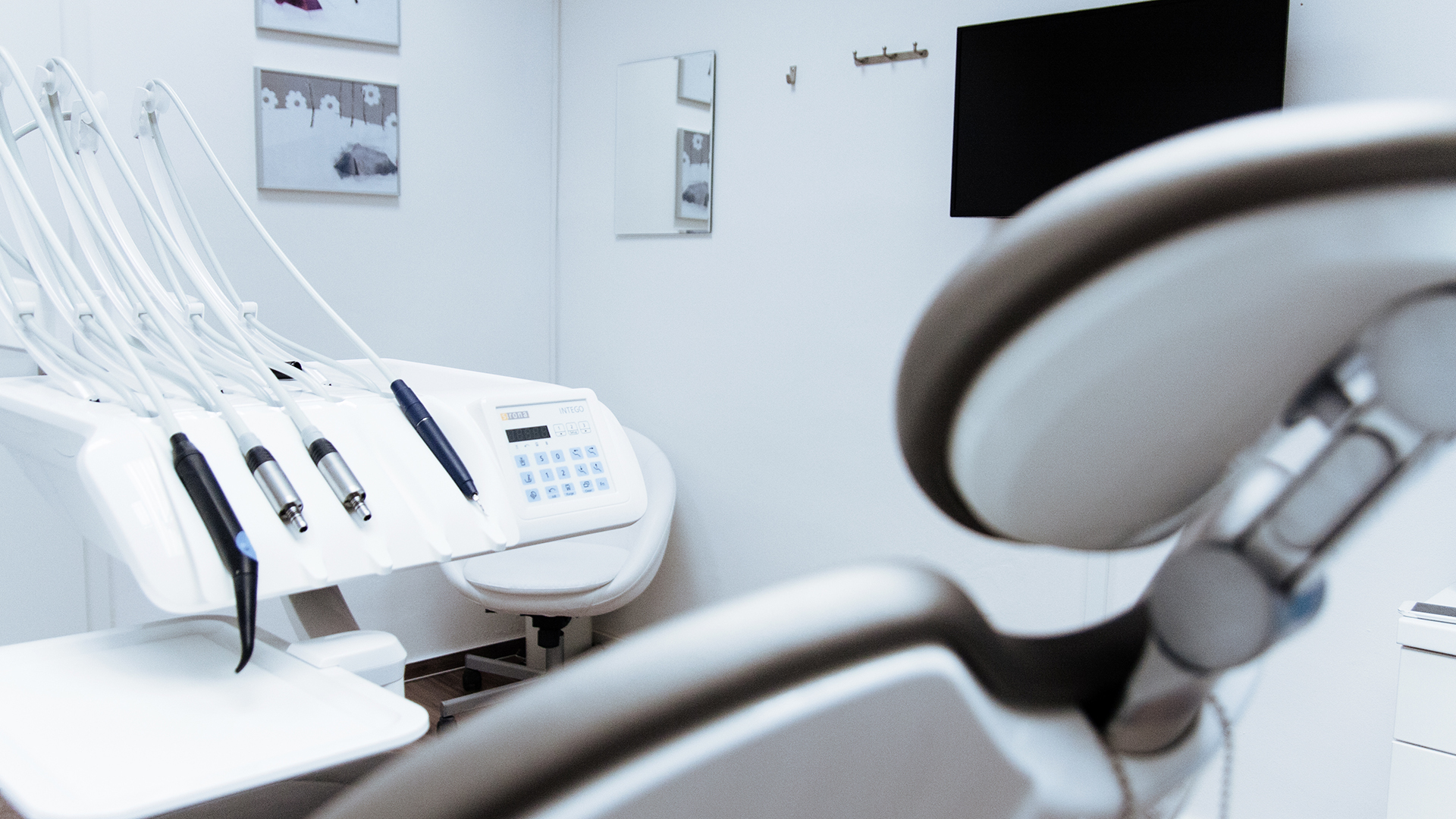Lessons we Miss in Dental School about Associateships

It is one of the most incredible and joyous occasions when you receive the manilla envelope in your mailbox with the heavy cardstock paper inscribed with the three most amazing letters, D.D.S (or D.M.D). This moment is celebrated, shared with family, friends and mentors and cherished because a Dental Degree is a remarkable accomplishment. To become a dentist it takes a tremendous amount of effort, determination, many sleepless nights, long practice sessions in lab, tolerating moody faculty and even moodier patients. At the end of this 4 year journey, you are awarded the incredible privilege to practice dentistry. Here are three things that we don’t learn in Dental School but I feel are a must-know to make the most out of your dental associateships.
1) Does the shoe fit?

First, a dental practice is always more than the sum of its parts. When you are new to associating it is very tempting to say YES to the first job offer on the table. I am here to remind you not to overlook due diligence in all of the excitement of an offer. My first piece of advice for anyone looking to work as an associate is to remember that you are looking for a practice where you will be a good fit! Asking the right questions is key to understanding beliefs, values and goals of a practice. When you ask these questions you may not get a perfect fit right from the get-go however, by having a deeper understanding of your workplace you will be in a better position to ask for changes or align your vision with the principal. I always breakdown my questions into three categories, patient-oriented, practice-focused and general inquiries. Here are a few examples of questions in each of the category.
Patient-oriented questions
- How do patients usually discover your practice?
-
Red Flag: Ads, Flyers (unless it is a very new practice)
-
Good Indicator: Word of mouth, Family and friends
-
- After a patient comes to the practice, what is the usual treatment process?
-
Red Flag: Restoration, Extraction, any form of treatment mentioned right away
-
Good Indicator: History taking, Chief Concern discussion, Diagnosis and Treatment planning
-
Practice-Goal Questions
- What would be ideal values you seek in a dental associate?
-
Red Flag: Working more hours, Quick dentistry
-
Good Indicator: Handling patients with respect and well, practicing safe dentistry (shows they care about their practice and patients)
-
- How do you define success in your practice?
-
Red Flag: We are already successful, Lots of patients, Billings
-
Good Indicator: Happy patients, long-term relationships with family, good staff
-
- In what capacity are you changing or evolving as a practice/practitioners?
-
Red Flag: Already perfect
-
Good Indicator: Taking courses, Training staff (demonstrates an investment in the future)
-
General Questions
- What does your practice pride itself in the most?
-
Red Flag: Billings, size of patient pool
-
Good Indicator: Personalized service, thorough and safe dentistry
-
- How is your practice different than other practices in the city?
-
Red Flag: We are bigger, We bill more
-
Good Indicator: Staff is amazing with patients, we work to make our patients happy
-
These questions are usually a good starting point and I encourage you to use these as a starting point for building a list of your inquiries. Furthermore, you may chose to be more straight-forward or more casual in your asking-style depending on the relationship between you and the interviewer.
2) Communication is equally as important as your Dentistry

In dental school, emphasis is largely placed on dental principles such as restorative procedures to surgery to prosthodontics. Very few dental programs extend the leranng beyond the dental chair in regards to communicating with your assistants, principal dentist, front desk and your patients. I believe that communication is actually one of the most crucial skillset to having a successful associateship and even more important when operating your own dental practice.
Here are three key areas that I think are the foundation of good communication:
1. How do you communicate?
Believe it or not, even when you are not saying anything, you are saying a lot! A large amount of communication in your lifetime will happen through body language. As a matter of fact, patients will learn a lot about you from your facial expressions, posture, attitude with your staff and punctuality. For instance, if you appear to have just rolled out of bed before a procedure or had a fight with the front desk or an assistant, get ready to have a lot of unhappy patients on your roster. On the other hand, if you look refreshed, attentive, sharply dressed with a smile on your face while walking between operatories, you will find more happy patients in your dental chair.
Weird Concidence?? Not really! First impressions matter a lot and a sincere smile, good eye contact and a quick wave when patients enter the dental office tells them that you are ready to work with them and help them with their oral health.
2. When is the best time for discussion?
A lot of dentists I personally know are type A personalities which means a lot of them are very obsessive about little details. This trait is correlated with becoming quickly frustrated when things do not go exactly to plan. For example, one situation that often arises is missing materials or instruments during procedure. When you are working in the patient’s mouth this can be extremely aggravating and frustrating. This is where good communicators separate themselves from the crowd. Instead of acting passively in this tense situation and elevating the stakes by telling your assistant off or blaming the assistant in front of the patient, just breathe and relax. Stay calm and finish the procedure with poise and composure. This demonstrates your ability to work in less than ideal conditions and your responsibility to giving the patient in your chair the best dental experience. Moreover, you will give yourself time to reflect on what you would like to change in the future.
This type of reflective thinking is a skillset that speaks volume about you as a dentist. By having patience and a keen sense of timing for communications you will be able to negotiate tough conversations clearly and concisely. In turn, you will have a better response and earn more respect from your office staff and dental peers.
3. Are you listening?

To communicate well, you must understand that listening is key. It sounds counterintuitive however, listening to what others are feeling and understanding their perspective makes you a more effective communicator. Delivering your message may be the most important thing in your mind but if you take the time to hear what others are saying you may pick up on cues that will help you deliver your message. Furthermore, by actively listening to others you show respect to them and in turn, you are able to communicate better because they will show respect to you when you are speaking.
3) Add value to your practice
We are so consumed by the idea of getting that we often forget what we are giving back. For example, when you work as an associate it can be easy to fall into the trap of I do dentistry and the practice pays me a portion of the earnings I bring in to the practice. This is not the correct mentality. Do not limit yourself to just doing dentistry at the practice instead, do more and aspire to be a leader. Talk to your primary about strategies for new ways to advocate oral health to your patients, discuss marketing and share your values with others at the practice. By embedding yourself in the practice philosophy, you will no longer just be another associate but an essential component of the dental practice. This will enable you to help with important decisions at the practice which will impact your day to day such as new staff hires or changes in lab and or fees. In addition, by genuinely giving your focus and attention to the practice beyond just dentistry you will be in a better position to ask for scheduling changes, and better negotiate pay portion.
In conclusion, these are some tips that I believe are really important to having a successful dental associateship. If you have some tips to share please do leave a comment below. I am planning on adding a new article every week to this platform and I hope that this knowledge can add value to your dental journey.








